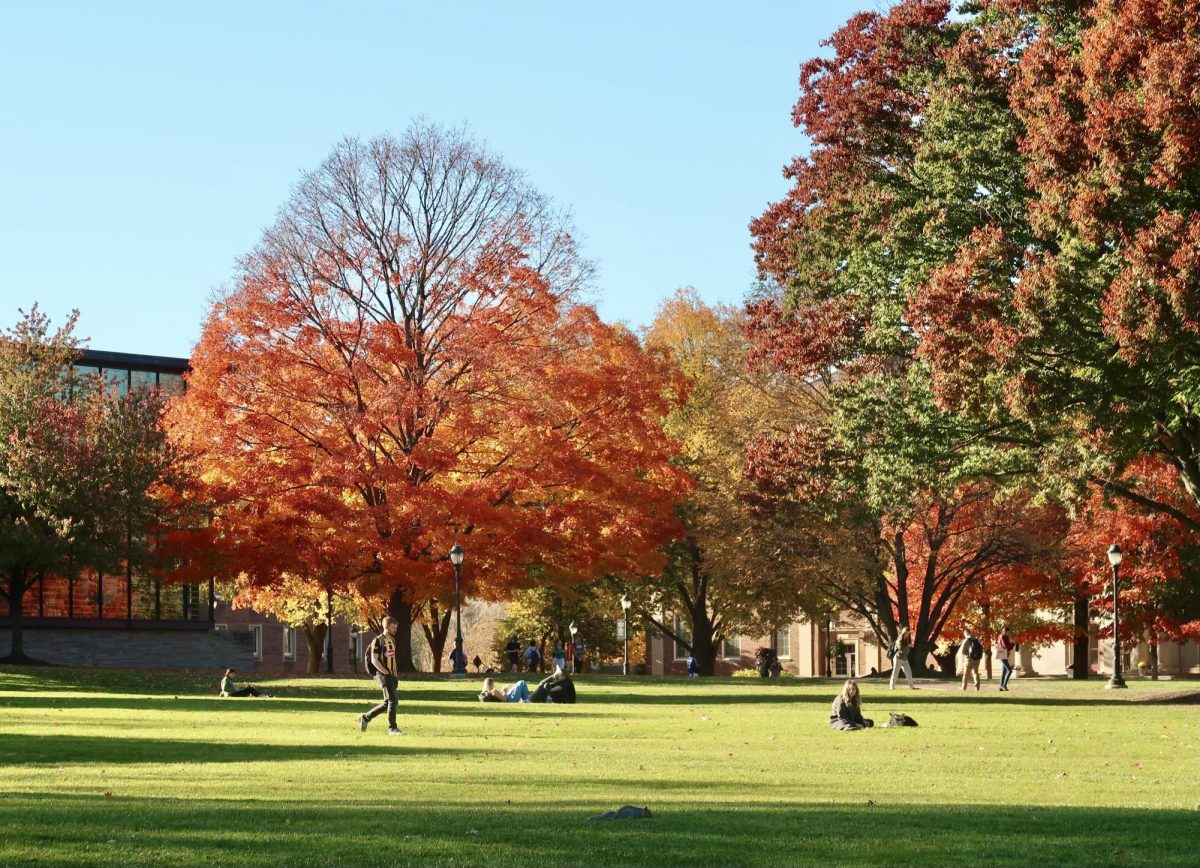The City of Easton is on track to record its driest calendar month ever, with no rain for weeks and an unseasonably warm October.
Allentown, the nearest city to Easton that the National Weather Service keeps metrics on, recorded 0.02 inches of rain in October as of Tuesday. Average October precipitation is 4.14 inches, according to Sarah Johnson, a warning coordination meteorologist for the National Weather Service office in Mount Holly, New Jersey.
“The lowest amount of precipitation that Allentown has ever had was 0.09 inches back in May of 1964,” said Johnson, adding that if October continues without rain, it will wind up as having been the driest calendar month on record for Allentown.
“We’ve been stuck in a pretty dry pattern since, really, the end of August,” Johnson said. “So, we’re going on two months now with very little in the way of precipitation.”
The dryness, paired with unseasonable heat, has put impacted regions like the Lehigh Valley at greater risk for fires, according to Johnson.
As a precaution, the Easton Fire Department issued a burn ban on Oct. 18, banning open flames and burning “until further notice.”
“The ban was put in place because of the warnings from the National Weather Service that we get,” said Easton Fire Chief Henry Hennings, who was responsible for instating the ban.
“Even though we are in urban areas, things can get out of control,” Hennings said, citing a particularly severe fire in the West Ward last May, where strong winds and dry conditions left 61 residents displaced.
“We’re just trying to prevent that situation from occurring again,” he continued.
Effects of the burn ban at Lafayette College have included adjusting activities that would otherwise have incorporated open flames. According to Alex Brown ’26, a Student Government representative, the organization had to forgo its original plans of roasting s’mores over a fire pit at Fall Fest.
Brown wrote in an email that Student Government “ended up running a popcorn stand instead.”
The drought has also led to a need for slight agricultural adjustments.
At LaFarm, workers have had to rely more on the irrigation system than usual, but have seen no other inconveniences due to the fall season, according to Food and Farm Manager Josh Parr.
“Because it’s really at the end of the season when it’s somewhat cooler and it’s not as many crops in the field, it hasn’t been as detrimental as it could have been opposed at a different time of season,” Parr said of the drought.
“Sometimes a drought can actually benefit farmers if they have sufficient irrigation because a lot of crops are more prone to disease if they’re constantly getting wet with rainwater,” he continued. “So, a lack of rain can allow farmers to really precisely control the amount of water that the plants are getting.”




























































































































